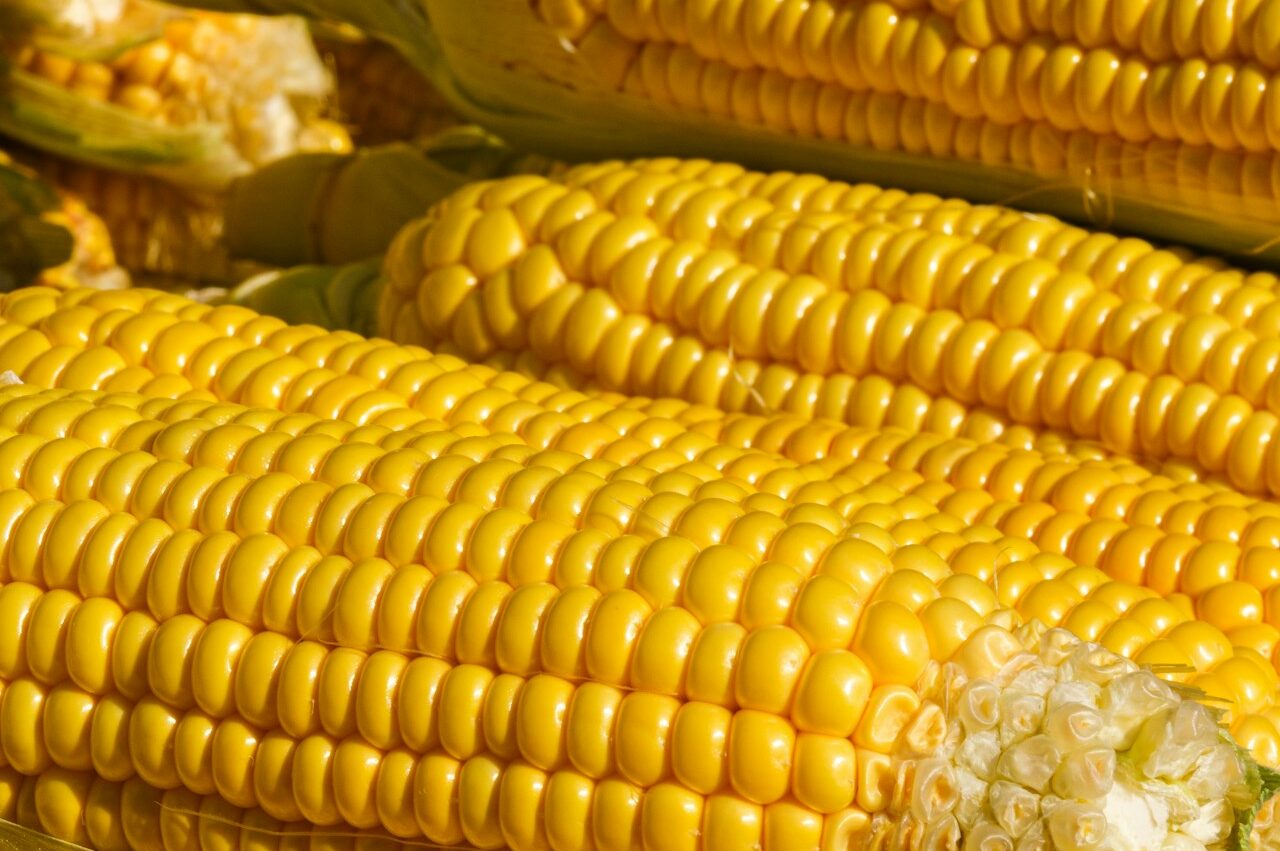WHY ORGANIC?
WHAT IS ORGANIC FOOD?
Are you curious about what exactly makes food and products “organic“? The term “organic” has become increasingly popular in recent years, but its true meaning may still be mystifying to some. In this blog, we will dive deep into the world of organic food and products and dissect its true meaning.
Organic food refers to food that is produced using organic farming methods. Organic farming is a system of agriculture that focuses on cultivating crops and raising livestock without the use of synthetic chemicals such as pesticides, fertilizers, and genetically modified organisms (GMOs). Instead, organic farmers rely on natural materials and techniques to nourish the soil, control pests, and promote the overall health of the ecosystem.
Organic farmers prioritize the use of compost, manure, and other natural fertilizers to enrich the soil and provide essential nutrients to the plants. They also employ practices like crop rotation, cover cropping, and companion planting to naturally control pests and diseases.
By avoiding the use of synthetic chemicals and GMOs, organic food production aims to create a more sustainable and environmentally friendly food system. It places a strong emphasis on preserving soil health, biodiversity, and the overall well-being of the ecosystem.

WHY ORGANIC?
Organic foods have gained popularity in recent years, and for good reason. People are becoming more conscious of what they eat and how it affects their health. But what exactly makes organic foods a better choice?
1. Health Benefits of Organic Foods
When you choose organic foods, you are choosing to nourish your body with wholesome, nutrient-dense ingredients. Organic crops are grown without the use of synthetic pesticides, herbicides, or genetically modified organisms (GMOs). As a result, they are free from harmful chemicals that can have long-term health effects. Organic farming practices also promote soil health, which leads to higher nutrient content in the produce. Studies have shown that organic foods are higher in antioxidants, vitamins, and minerals, making them a superior choice for your overall well-being.
2. Environmental Benefits of Organic Farming
Not only are organic foods better for your health, but they are also better for the environment. Organic farming practices prioritize sustainability and the preservation of natural resources. By avoiding the use of synthetic chemicals, organic farmers help protect soil quality, reduce water pollution, and promote biodiversity. Organic farms also use less energy and produce fewer greenhouse gas emissions compared to conventional farms. Choosing organic foods means supporting a more sustainable and eco-friendly food system.
3. Organic Farming Prioritizes Animal Welfare
Organic farming also prioritizes animal welfare. Organic meat, dairy, and eggs come from animals that have been raised in humane conditions, with access to open spaces and a diet free from genetically modified organisms and antibiotics. By choosing organic foods, we contribute to a more ethical and sustainable food system.
4. Organic Certification and Labeling
To ensure the integrity of organic foods, they are subject to strict regulations and undergo certification processes. Organic certification ensures that the products meet specific standards set by regulatory bodies. Look for labels such as “USDA Organic” or “Certified Organic” to guarantee that the food has been produced according to organic standards. These labels provide transparency and give consumers the confidence that they are purchasing genuine organic products.

Why We Can Find Solace in Organic Foods
Organic food has become increasingly popular at a time when people are leading fast-paced lives and are becoming more concerned with sustainability and health. Besides the simple allure of natural components, there exists a profound feeling of solace that several individuals find in opting for organic foods and products. However, what’s underneath this relationship? Let’s explore the reasons why eating organic food frequently makes you feel comforted and healthy.
Health and Wellness
One of the most popular reasons people choose organic foods is the desire for a healthier way of life. Research has indicated that produce that is grown organically may have higher concentrations of various nutrients and antioxidants that are beneficial to general health. Eating organic food gives many people a sense of self-care and assurance about the nutritious content of their diet.
Purity and Transparency
Organic food is grown without the use of artificial fertilizers, pesticides, or genetically modified organisms (GMOs). Consumers who want transparency in their dietary choices are drawn to this commitment to purity. People find solace in the knowledge that their food is free of potentially dangerous chemicals when they choose organic.
Environmental Consciousness
Organic farming methods give top priority to sustainability and environmental stewardship. Organic agriculture lessens damage to ecosystems and wildlife by avoiding synthetic pesticides and fostering biodiversity. Choosing organic products gives environmentally concerned consumers a sense of empowerment in making a positive impact on the environment and a healthier planet.
Connection to Nature
Organic farming prioritizes natural processes over artificial ones, emphasizing harmony with the environment. Eating organic food helps many people develop a closer relationship with the planet and its cycles. Amid the rush and bustle of contemporary life, there’s a sense of communion with nature that’s brought to life when one inhales the flavor of freshly harvested food or inhales the floral scent of organic herbs.
Ethical Considerations
The organic movement is usually connected with ethical considerations about fair labor practices and animal welfare. Organic standards usually require fair salaries for farm workers and humane treatment of animals. People can feel morally anchored and confident in their decisions by endorsing organic agriculture since it upholds the values of social responsibility and compassion.
Community and Local Sourcing
The organic movement frequently supports regional and neighborhood food systems. Supporting small-scale organic farmers and producers helps consumers feel more attached to their neighborhoods and agricultural heritage. This sense of belonging cultivates a feeling of solidarity and comfort, understanding that their dietary choices sustain livelihoods and fortify communal relationships.
Reduced Chemical Exposure
Many people are looking for organic alternatives to conventional farming because they are worried about the long-term health impacts of the synthetic chemicals used in it. Organic foods provide a sense of security and peace of mind since they reduce exposure to toxic pesticides as well as other agrochemicals. Parents are especially drawn to the appeal of eating organic food because they value their family’s health and safety above all else.
To sum up, the allure of eating organic food goes beyond its nutritional value. It includes an all-encompassing moral of ethical responsibility, sustainability, and purity. People who choose organic food take solace in the knowledge that their dietary decisions are in line with their moral principles and help create a more harmonious and healthy world.
